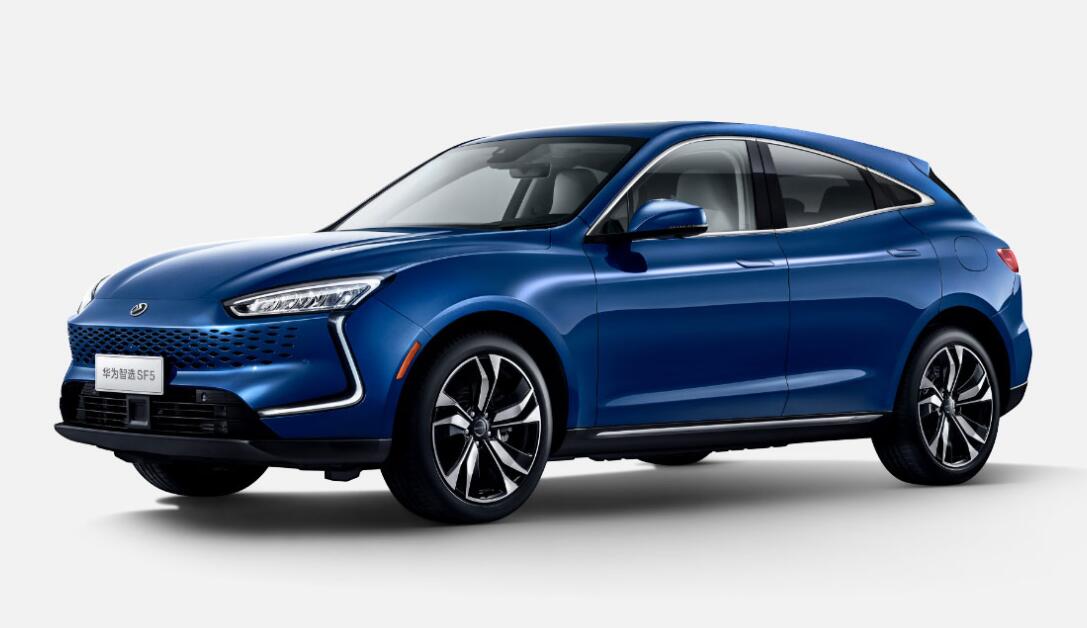The Seres SF5, the first model sold in Huawei's channels, has become so popular in China that it has led to a significant excess of demand over capacity.
The Guangzhou Daily reported on Friday that the Seres SF5 is currently under heavy orders and delivery may be delayed, with orders placed at the end of April probably having to wait until the end of June for delivery.
Previously the brand's official statement was that the model's delivery time is about 5-6 weeks, but the final date is subject to the notice of the delivery consultant.
In late April, Richard Yu, Huawei's managing director and CEO of its consumer business, announced that the tech giant would begin selling cars in its flagship stores, with the first model being the Seres SF5 from Chongqing Sokon.
After being repeatedly sanctioned by the United States, Huawei's cell phone business has suffered, and selling cars can compensate for the decline in profits caused by the impact on sales of the cell phone business, Yu said.
Huawei has more than 5,000 high-end experience stores, far more than BMW, Mercedes-Benz, Tesla, and the new car makers, Yu said.
"It's a huge advantage for us, covering every important city in China," he said.
The Seres SF5 is a hybrid car with extended-range technology similar to Li Auto's Li ONE. It is available in two versions, with a 4WD version priced at RMB 246,800 ($38,000) and a 2WD version priced at RMB 216,800.
Huawei provides the 4WD version of the model with its in-house developed HUAWEI DriveONE electric drive system, HUAWEI HiCar, and HUAWEI Sound.
The 2WD version of the model is equipped with Seres' electric drive system, but also has HUAWEI HiCar and HUAWEI Sound.
Orders for the model exceeded 3,000 units within two days of opening for sale in the Huawei channel. In comparison, Chongqing Sokon's sales of new energy vehicles in the first three months of this year were 1,275, 529 and 2,815 units respectively.
The Guangzhou Daily quoted industry insiders as saying that in the face of a large number of orders, Chongqing Sokon may face a situation where its production capacity cannot keep up.
